10 Simple Ways to Make Your Meals Taste Better
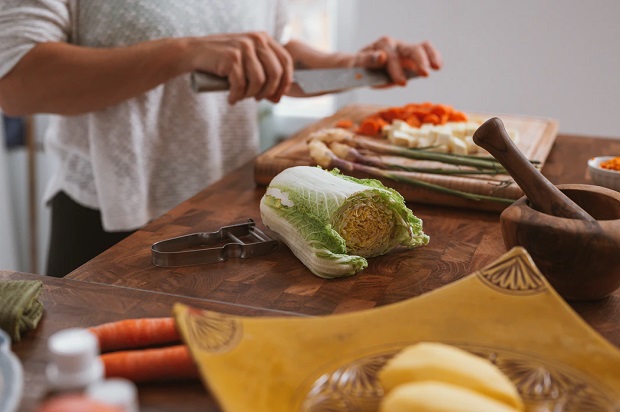
10 Simple Ways to Make Your Meals Taste Better
Are you bored of cooking? Most of us have been at some point in our lives. It’s all too easy to fall into a rut of cooking the same meals day after day, week after week, with little or no thought involved. It makes cooking boring — just another household chore like doing a load of laundry — and more worryingly, it makes your food taste worse. Maybe at one point you loved your signature curry, or the sauce your partner made for pasta, but how can you be passionate about something you’ve tasted a hundred times before?
Here’s the good news: it doesn’t have to be this way, and you don’t need to go to a cooking class or memorise a bunch of complicated recipes to fall back in love with food and cooking. With some simple kitchen tricks, tips and guidance, you can boost the flavour of even the most familiar meal, reminding you of why you started eating it in the first place.
So without further ado, here are our tips for how to make your meals taste better, from local meat delivery to treating your spices with respect.
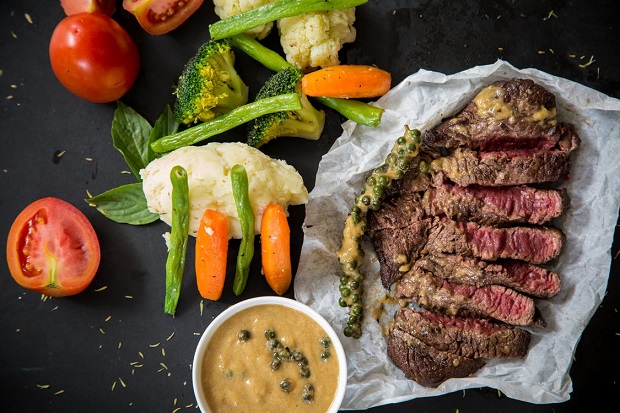
- Meat delivery
Let’s get back to basics: you can’t make a tasty meal with bland ingredients. Watery tomatoes will not make a tangy pasta sauce, wilted veg will add no crunch to your stew, and out of date spices will only bring graininess, not flavour, to your curry (seriously, you might as well just throw in a handful of dust). If you want rich, punchy flavour, only the best ingredients will do, from the butter you use to oil the pan, to the garnish you sprinkle on top of the finished plate.
And there’s one ingredient, more than any other, that absolutely must be of the finest quality, and that is your meat.
Unless you’re a vegan or vegetarian, meat is likely to be the star of most of the evening meals you cook. It’s the centrepiece of Sunday dinners, the main event in your casseroles, and the filling in your pies and pasties. Everything else in your dish could turn out brilliantly, but if your meat is bland, and more full of water than protein, no one is going to be asking for a second helping.
More often than not, supermarket meat simply doesn’t cut it. You need real butcher’s meat. And luckily, it’s now possible to have it delivered straight to your front door.
Meat box delivery is the future. Companies like the Dorset Meat Company deliver delicious, ethically sourced meat boxes to households across the country. All their meat comes from 100% grass fed, free range animals across 20 small, family run farms in Dorset and Wiltshire, meaning it is bursting with natural vitamins and minerals, as well as flavour. It’s also about as environmentally friendly as meat gets, so you can tuck in with a clean conscience.
You can construct your own meat box full of the cuts you love, or order one of their pre-made ones, such as the Full English Breakfast Meat box, or the Steak Connoisseur’s Box. All are prepared by master butchers, and all will make you wonder why you ever settled for less.
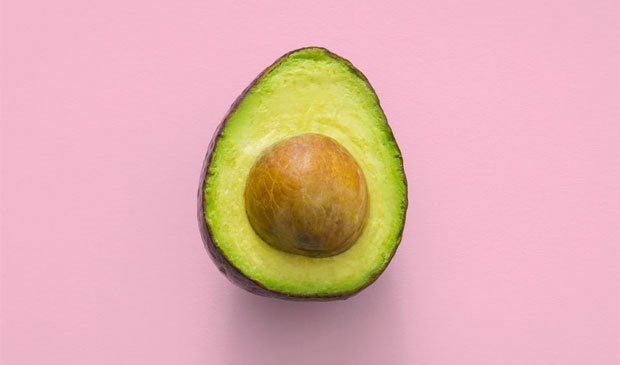
- Store your food appropriately
Those labels on the backs of bottles and packets aren’t just there to fill up space. Brands want you to taste their products when they’re at their best so you’ll continue to buy and use them. That means that when they tell you how to store it for maximum flavour, they know what they’re talking about.
Storage methods are particularly important when it comes to fats. Chances are you use butter and oils in a lot of your dishes to grease the pan and add a little richness, so you need to store them properly. When they’re exposed to too much light and oxygen, they go rancid and bring off-flavours into your cooking. Store vegetable and olive oil in a cool dark pantry, nut oils and butter in the fridge, and nuts in the freezer.
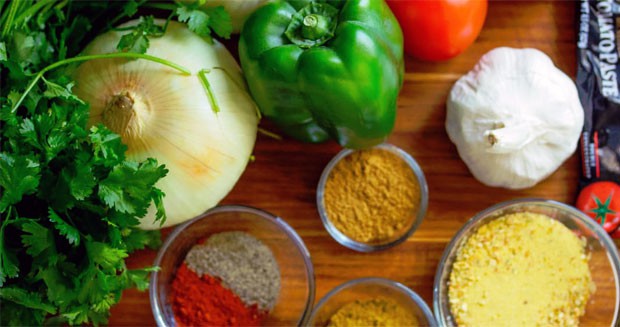
- Seasoning
Many people are afraid of spices, thinking that spice automatically means hot. This is simply not the case. Spice means flavour! And without them, you cannot hope to make truly scrumptious, flavourful food.
There are a few secrets to successful spice. When seasoning meat for example, you should rub in the salt at least 40 minutes before you plan to cook it. This gives the meat time to regain some moisture. If you add salt immediately before cooking, the meat’s surface will contract as soon as it touches the hot pan or grill, resulting in a tough, bitter crust. Not exactly appetising.
Robust herbs, like rosemary, sage, oregano, thyme and marjoram, should be added early on in the cooking process. This gives them time to infuse the dish with their rich flavours, and will make their texture less intrusive. On the other hand, delicate herbs like basil, cilantro, tarragon, chives and parsley should be saved until the last minute, so they do not lose their bright colour and flavour.
Some other seasoning tips include adding a dash cayenne pepper to spice up tomato based sauces, adding a little umami flavour to stews and chilli with a spoonful of soy sauce, or by using anchovies instead of salt, and adding a pinch of sugar to lean proteins like fish and chicken to help them brown better.
Learning just a few of these seasoning tricks will help to revolutionise your cooking.

- Fry your spices before adding them to your dish
Speaking of spices, it’s essential that you get as much flavour out of them as you can. That’s why you should fry them in a little oil for 5 or 10 minutes before adding them to you meal, in order to release every last drop of their powerful taste.
Also, do not cut or grind them too soon before cooking. The greater the exposed surface area, the more valuable flavour will be lost to the air. That means waiting as long as possible before chopping up your garlic.
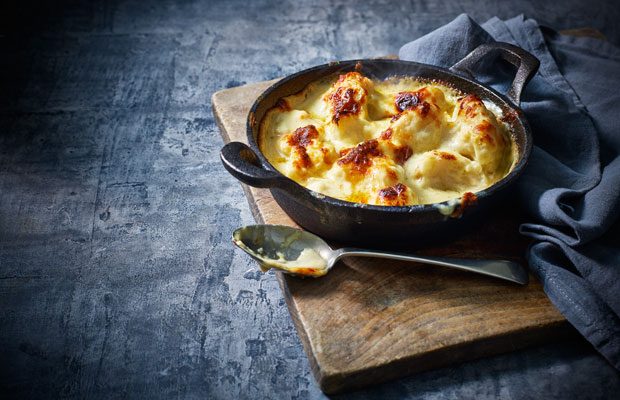
- Let your food cool before eating it
There’s something so satisfying about serving your food straight from pan to plate, but in order to get the most enjoyment out of the meal you’ve put so much time and effort into, it’s best to let it rest for a couple of minutes before serving.
This is because our taste receptors are temperature sensitive. We’ve all bitten into something that’s far too hot at some point in our lives. It temporarily damages our taste buds, meaning that even if you wait a while after that initial bite, you’re not going to taste all the flavours that food has to offer. Patience makes the heart grow fonder, and the reward all the sweeter.
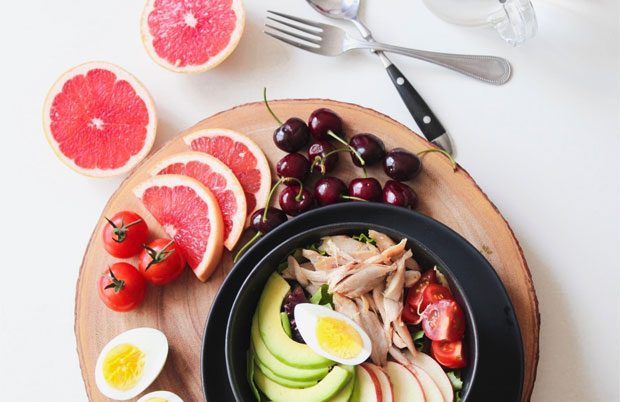
- Waste nothing
Waste is a dirty word in the kitchen. Almost every element can be used as part of a tasty recipe.
One of the most important things to keep hold of is the fond. This is the caramelised brown bits that stick to the bottom of a pan after cooking. They contain buckets of savoury flavour, so deglaze the pan with some liquid (wine, broth or juice) and use this fond to create a scrumptious sauce, soup or gravy. The bones and fat left over from meat like roast chicken can similarly be used to make truly unbelievable tasting gravy and broth.
You should also be careful not to form bad, wasteful habits. For example, never deseed tomatoes. It’s the ‘jelly’ surrounding the seeds that gives the savoury fruit its flavour.
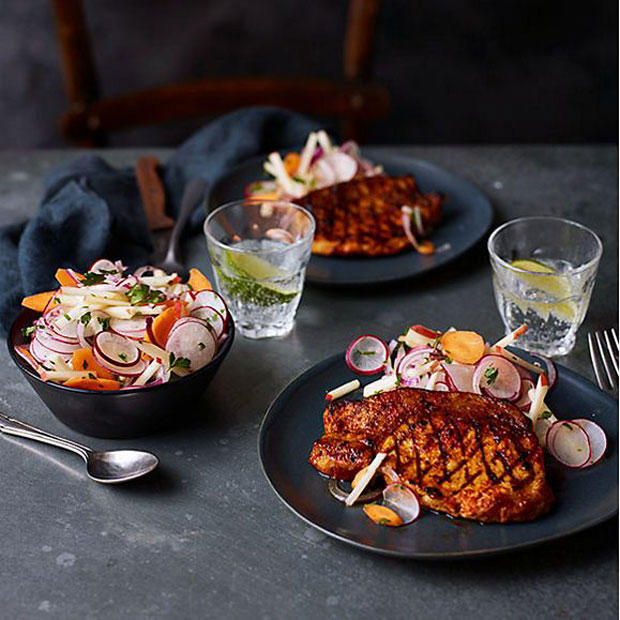
- Add a little freshness
Some people seem to know all the tricks. At first they seem to be making a pretty standard meal, and then all of a sudden they add an unexpected ingredient that elevates that meal to the realm of ‘Food Heaven’.
It’s not hard to gather a few tricks of your own. It’s all about understanding the food you’re making: what you love about it, and what you don’t, and then considering how you can take it further. Adding a little lemon zest to pasta dishes before serving, for example, gives it a light, zingy aftertaste, preventing it from feeling too stodgy. Similarly, adding a few leaves of mint to summer salads takes their freshness to another level, helping the other veg and leaves to pop.
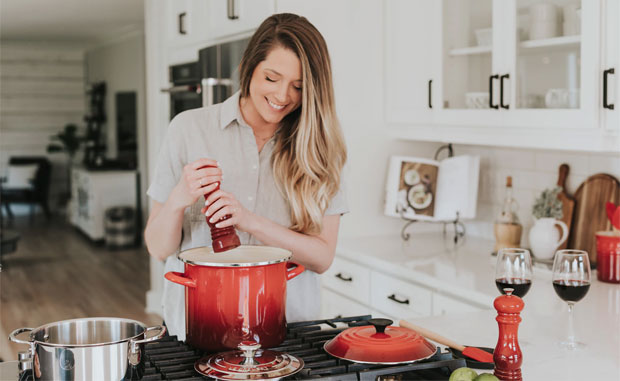
- Try to maintain a high heat
Strike while the iron’s hot, as the old saying goes, and it applies to kitchens just as well as it does to blacksmith’s forges.
No matter how hot your frying pan may be, the temperature will drop the instant food is added to it, so try not to rush the preheating stage of cooking sautés. Vegetables especially should be cooked on a very high heat in order to bring their natural sweetness to the surface. For veg, wait until the oil begins to shimmer before adding them, and for protein, wait until you see wisps of smoke start to rise from the pan.
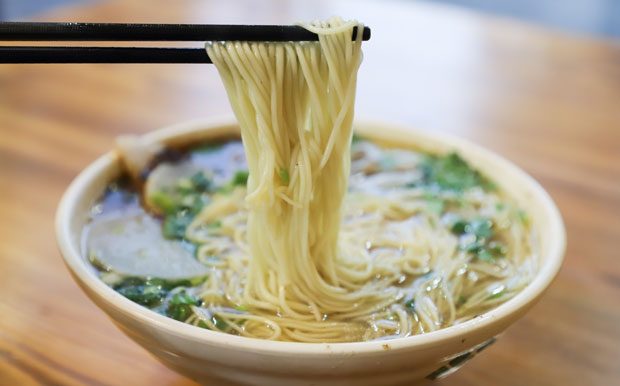
- Don’t be afraid to experiment
You can learn all the rules, recipes, tricks and tips you want, but at the end of the day, it’s your kitchen, and you can make your own rules.
All the best chefs in the world know the importance of intuition: that sixth sense that tells them that a dollop of this, a dash of that, or a mixture of the two will be what makes the meal. This intuition only comes through lots of experimentation, and getting to know a wide variety of flavours.
If you’ve been stuck making the same meals over and over again, don’t be afraid to think of how you can make it more interesting. Add a little ale to chilli to bring a little bitter contrast to the sweet peppers; use parmesan rinds in place of stock; thicken dips and dressing with Greek yoghurt or sour cream. Consider flavour combinations you like: sweet and sour; salt and spice; fresh and bitter. Becoming a great cook starts with knowing how to please your own taste buds.

- Take your time
Finally, it’s not just about the food you make, but the time you take to enjoy it. Cooking in a rush or eating on the go is simply no way to do justice to good food.
When you love cooking, that love infuses your food as strongly as any spice. Put aside all the time you need to prepare your ingredients, cook them to perfection, and serve them to your friends and family. Better yet, get your friends and family involved in the cooking themselves, cutting veg, mixing sauces, and keeping an eye on the oven. Cooking as a household can be a fun and rewarding experience, and gives you all a greater appreciation of the dishes you create together. And good food deserves fine dining. Dress the table up, dim the lights, find some good music to play in the background, then pour yourself a glass of wine, sit down, and tuck in.
Guest Article.




